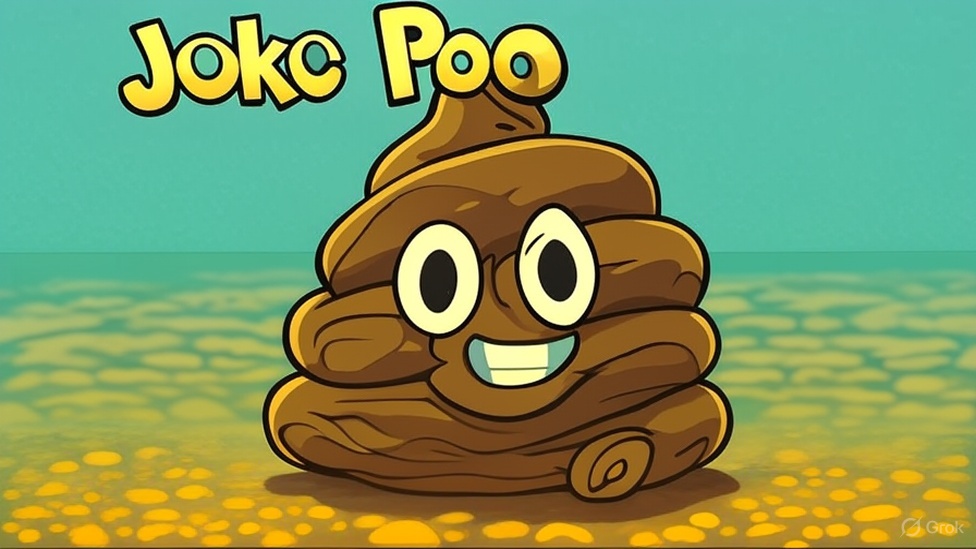A new monk arrived at the monastery. He was assigned to help the other monks in copying the old texts by hand. He noticed, however, that they were copying copies, not the original books. The new monk went to the head monk to ask him about this. He pointed out that if there were an error in the first copy, that error would be continued in all of the other copies.
The head monk said, ‘We have been copying from the copies for centuries, but you make a good point, my son.’ The head monk went down into the cellar with one of the copies to check it against the original.
Hours later, nobody had seen him, so one of the monks went downstairs to look for him. He heard a sobbing coming from the back of the cellar and found the old monk leaning over one of the original books, crying.
He asked what was wrong.
‘The word is ‘celebrate,’ not ‘celibate’!’ sobbed the head monk.
Joke Poo: The Software Patch
A new intern arrived at the tech company. He was assigned to help the other developers in patching the old legacy codebase. He noticed, however, that they were patching copies of the code in their staging environment, not the original source code repository. The new intern went to the lead developer to ask him about this. He pointed out that if there was an error in the first patch copy, that error would be continued in all of the other patched versions.
The lead developer said, ‘We have been patching the staging environment for years, but you make a good point, kid.’ The lead developer went down into the server room with one of the staging servers to check it against the main server.
Hours later, nobody had seen him, so one of the developers went downstairs to look for him. He heard a wailing coming from the back of the server room and found the lead developer leaning over the original server rack, crying.
He asked what was wrong.
‘The variable is “customerID”, not “customerAss”!’ wailed the lead developer.
Alright, let’s break down this joke!
Joke Dissection:
- Setup: A new, observant monk questions a long-standing practice of copying texts from copies, highlighting the risk of perpetuating errors.
- Premise: The head monk, initially dismissive, investigates the original texts.
- Punchline: The “celibate” instead of “celebrate” discovery reveals a centuries-long misunderstanding with potentially hilarious (and lifestyle-altering) implications.
- Humor Source: The humor comes from the absurdity of a massive, consequential error going unnoticed for generations, compounded by the ironic context of monks dedicated to celibacy. It also plays on the idea that tradition isn’t always correct.
Key Elements:
- Monks/Monastery: Represents tradition, study, and potentially, a repressed lifestyle.
- Hand-Copying Texts: Highlights the meticulous and time-consuming nature of preserving knowledge before printing.
- “Celibate” vs. “Celebrate”: The pivotal wordplay that unlocks the joke’s potential for humorous misinterpretation.
Comedic Enrichment:
Now, let’s leverage these elements to generate some new humor:
1. Witty Observation/Alternate Punchline:
“The real tragedy isn’t the ‘celibate’ typo. It’s that for centuries, they’ve been spelling ‘Benedictine’ as ‘Banned-dictine’. No wonder the liqueur wasn’t catching on.”
- Why it works: It keeps the structure of the original joke, but adds new information that enhances the meaning of the punchline.
2. Amusing ‘Did You Know’ Factoid:
“Did you know that the invention of movable type by Johannes Gutenberg in the 15th century drastically reduced the risk of monks accidentally condemning themselves to a life of abstinence based on a single, ill-formed ‘r’?”
- Why it works: Directly relates the historical context of hand-copying to the joke’s premise, creating a humorous contrast between modern efficiency and the potential pitfalls of the past.
3. Related Joke:
“Why did the agnostic monk refuse to copy any more scrolls? He had no faith in the originals!”
- Why it works: Uses monk stereotype with twist.
Explanation of the Enrichment:
The original joke is about the power of words and how small changes can have large unintended consequences. The new additions either play on that same theme, providing a related twist, or add another layer of context that elevates and adds to the joke’s meaning.


